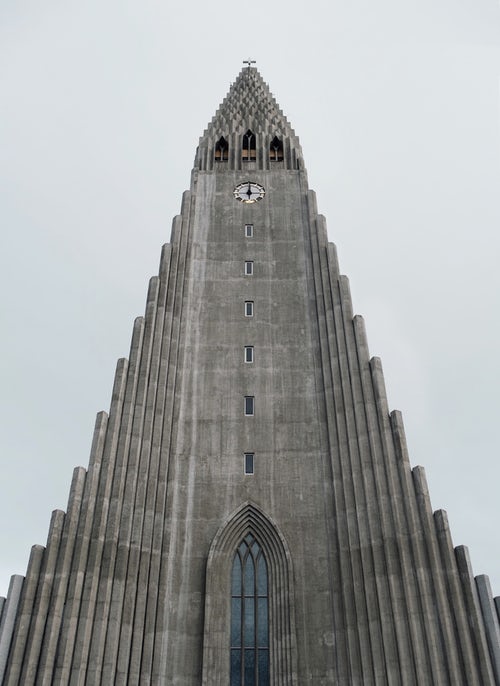The last couple of months we’ve been doing a lot of meditating on whether or not we are more spiritual than physical, or if both are equally important to us. Today we’ll look at some additional supporting evidence for a blended combination.
Jesus indicated there are times when, although the spirit may be willing, the flesh fails to comply because it is weak. But does having weak flesh make it less important than our spirit? Even if our spirit/soul continues to exist immediately after physical death and simply moves on to be present with the Lord in a “new house?”
These three critical body and spirit Bible passages indicate that isn’t the case.
“[The body] is sown a natural body, it is raised a spiritual body. There is a natural body, and there is a spiritual body” (First Corinthians 15:44).
“Or do you not know that your body is the temple of the Holy Spirit who is in you, whom you have from God, and you are not your own? For you were bought at a price; therefore glorify God in your body and in your spirit, which are God’s” (First Corinthians 6:19-20).
“…according to my earnest expectation and hope that in nothing I shall be ashamed, but with all boldness, as always, so now also Christ will be magnified in my body, whether by life or by death” (Philippians 1:20).
Take-away—
- Temples are important structures. They’re built for a physical and spiritual purpose and are to be a source of respite, of rejuvenation and hope, joy and promise. If God considers our bodies to be temples, how can we regard them as anything less important? And treat them as such?
- God says there are both a natural body and a physical one. And both are equally important to us down here on Earth. (For more support, look up the passages having to do with eating and drinking unto the Lord.)
- Jesus bought us with His life. He has chosen to take up residence in the hearts of believers. He lives in us. Body and spirit. Because of this, we are to glorify Him in both body and spirit. Our focus should be to glorify Him. The spirit can drive the glorification; but the body does the glorifying.
- Every chance you get you must try to magnify Christ—in what you do with your body. What you see with it, experience with it, say with it. How you approach death with it.
Meditation—
In the weeks to come, remind yourself daily that your precious body is a special place to God. A hallowed place, a place set apart for Him.
To God be the glory, great things He has done—in body and spirit!
NEXT WEEK: One more proof that we are a lovely integration of body and spirit.
Until then, take care of your temple! It belongs to the King of the Universe.
Blessings,
Andrea
May you prosper in all things and be in health, just as your soul prospers (3 John 2).
Photo by Kirill Zakharov

